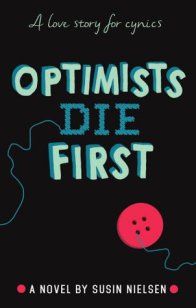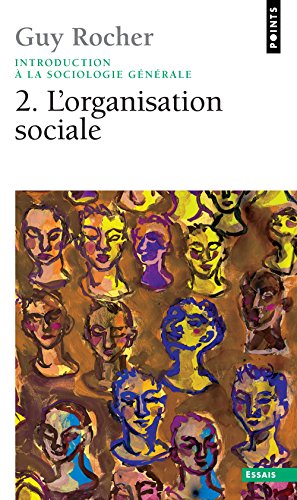This movement was characterised by a conscious rejection on the past and an interest in abstraction and geometry, and was spurred on by the new technology and modes of production being developed in the early 20th century. Unlike the arts and crafts movement, which rejected industrialisation and idolised the craftsmanship of the medieval age, modernists were inspired by the new possibilities offered by mechanisation.
One of the defining ideologies of the movement was that modernists believed that through design the perfect form could be crafted. This idea would mean that there was one perfect form that an object, for example a chair, could achieve. All attempts were therefore striving for this one ideal, for perfection. Modernists were idealists, and believed in utopia and universal truths. It is easy to see how this type of thinking influenced the development of extreme political ideas that would eventually result in world war; if a chair can have a perfect form, why not society?
Although we associate modernism with the first half of the 20th century its roots actually come from the paintings of the 19th century; it started with artists such as Gustave Courbet’s realism, painting servants and workers instead of religious icons and kings, and was developed by Monet and the Impressionists who extended this realist subject matter further whilst moving away from a realistic painting style.
In Germany the Bauhaus college came to typify modernist ideals. Although its teachings started as fairly experimental it leant more and more towards industrial design. Its principals came to be thought of as ‘true’ modernism; for example, that any decoration or pattern should be integral to the piece and not applied afterwards (in the textiles department this can be seen in the predominance of weaving and the lack of any printed cloth).





The rejection of modernist ideals began in the 1960s, with the start of what we today call post-modernism. From the brief introduction that I had it seems like a tearing up of the rule book, a reaction against the ideals and order of modernism. Although a questioning of modernism was no doubt overdue, I don’t really like the cynicism and chaos that post-modernism seems to embody. It seems to me almost dangerously apathetic; if nothing matters and there is no such thing as progress, why bother trying to change anything at all? I think we could all do with a bit of the modernist’s vision and optimism.
Advertisements Share this:





